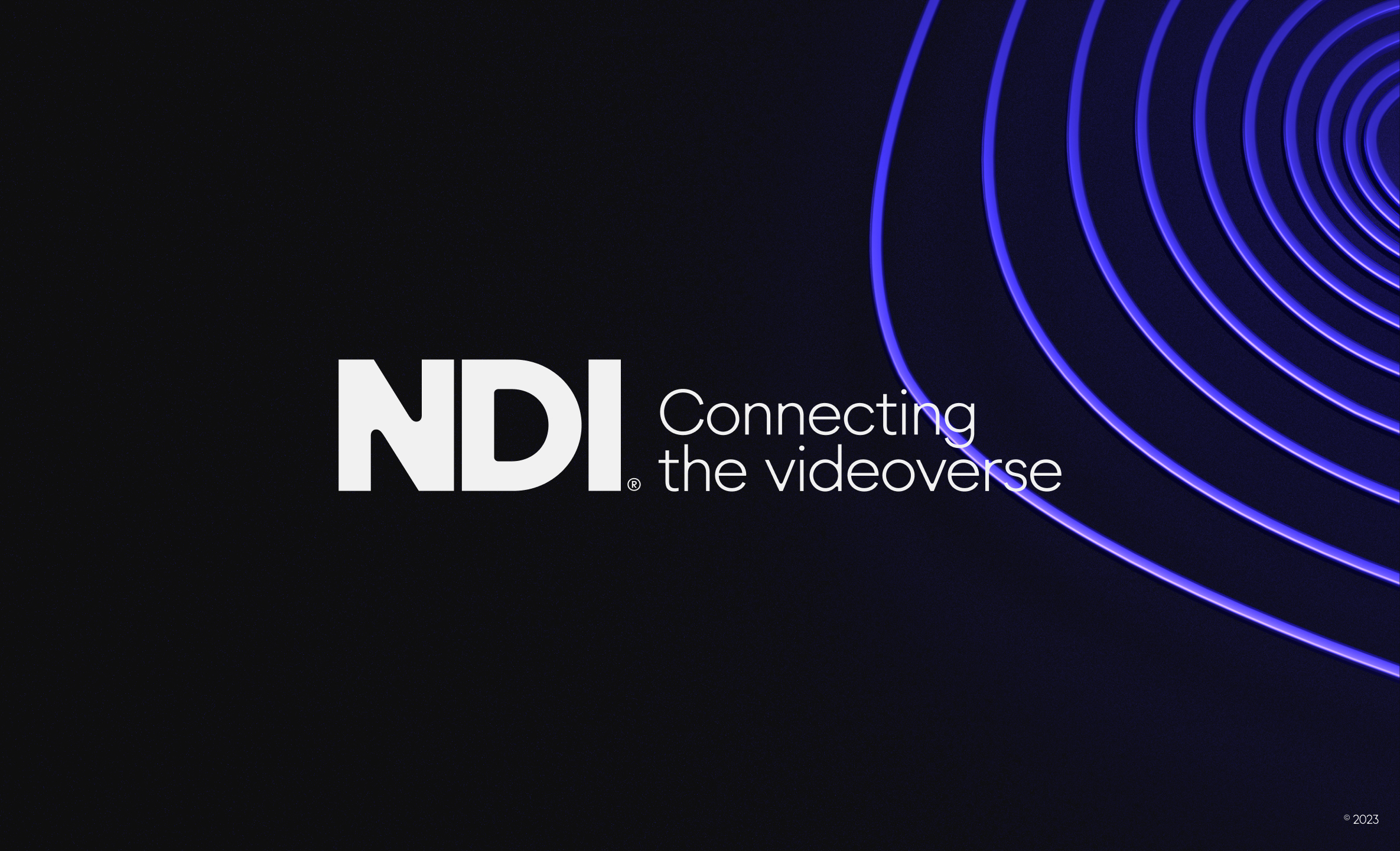Battle over white spaces continues to rage

The FCC has rescinded its October deadline for issuing new regulations governing use of the hotly contested white spaces within the TV spectrum. Various industry groups, including the NAB, wireless manufacturer Shure and various user groups representing broadcasters, houses of worship and others, have risen in opposition to the computer, telecommunications and consumer products interests working to dedicate the available spectrum to low-power, unlicensed devices. Supporters of unlicensed use, called the White Spaces Coalition, include such companies as Philips, Microsoft, Google and Intel.
The core issue is whether these new devices, which could mark the availability of robust, broadband networking nationwide, can coexist with the wireless microphones and related devices already operating in the available spectrum. The consumer products supporters contend that technology can be developed to protect the unfettered operation of conventional wireless devices, though the viability of such detect-and-protect devices is yet to be proven. The NAB has expressed concern about potential interference to digital television (DTV) broadcast signals.
Recently, three members of the House of Representatives from Nevada sent a letter to Chairman Kevin Martin on the topic, urging that meaningful and comprehensive interference protections are given to wireless microphone operation. Earlier this year, Illinois representative Bobby Rush introduced legislation, the Interference Protection for Existing Television Band Devices Act of 2007 (H.R. 1320), a bill designed to shield wireless microphones and other devices that currently transmit in the white spaces from interference from new devices.
The computer and software companies have congressional support as well. Two weeks after Rush introduced his bill, Rep. Jay Inslee of Washington introduced a measure that would require the FCC to issue a final order on the white spaces.
The FCC’s testing of protection devices supplied by Philips and Microsoft has done little to clarify the debate. Both sides have used the test data released this August for their campaigns. This has led to the current situation, with the FCC gathering additional data prior to making a final decision and plans to do extensive additional testing — an idea vigorously supported by both interest groups. White Spaces Coalition members are working to develop the technology and devices that would allow all devices to coexist.
For more information, visit www.fcc.gov.
The professional video industry's #1 source for news, trends and product and tech information. Sign up below.
